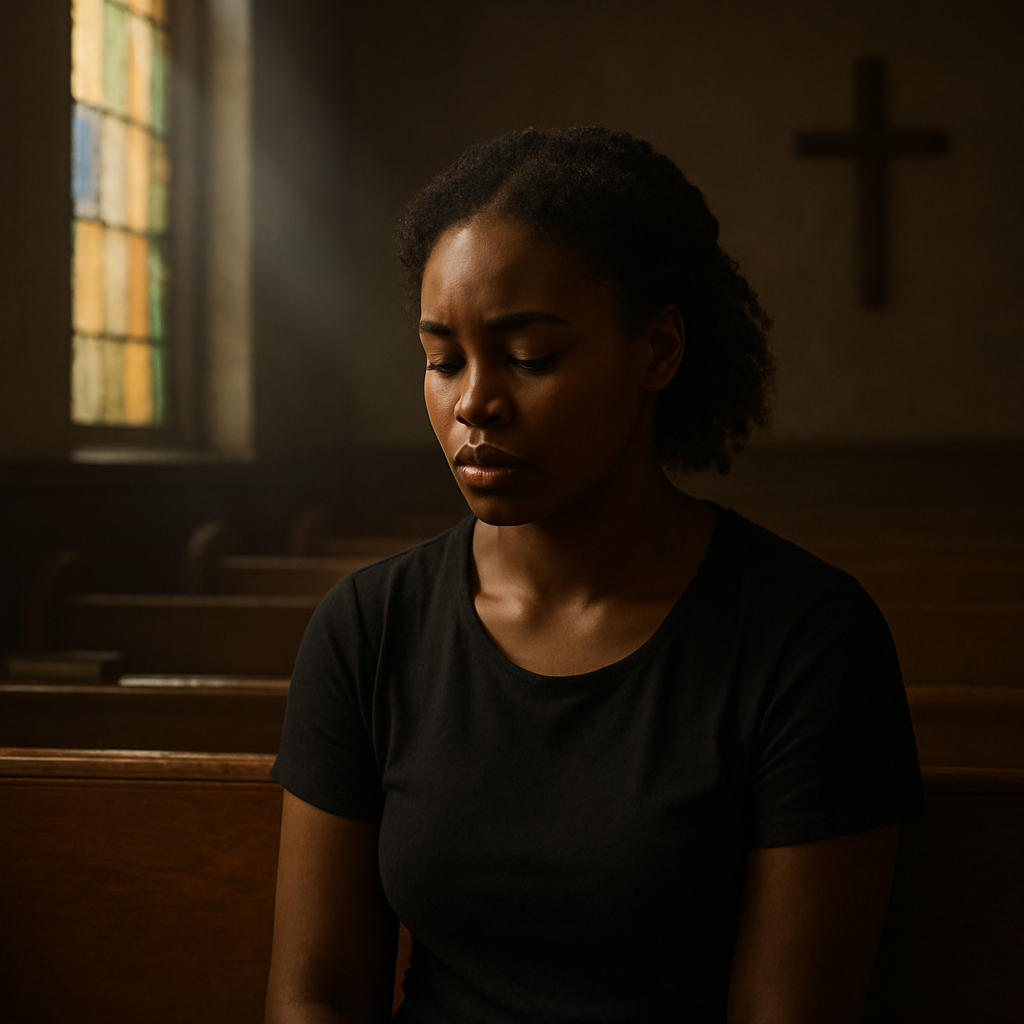Have you ever sat on the edge of a personal awakening—one that calls you to speak up, say no, or step out of the roles that have suffocated you—and then, bam, a verse comes to mind?
“Rebellion is as the sin of witchcraft…” —1 Samuel 15:23
“Take up your cross and follow me…”
“Count the cost…”
Suddenly, what felt like a sacred act of self-liberation starts to feel dangerous, even sinful. You’re left asking yourself, Is this defiance or disobedience? Is this my voice or my flesh?
These are what I call “Holy” Strategies—scriptures or teachings used (consciously or not) to reel us back in. To make us question our intuition. To keep us quiet, small, and obedient in the name of being “good,” “faithful,” or “godly.”
These verses don’t necessarily lose their power because they’re in the Bible—but we must ask, power for whom? And power to do what?
• Are they empowering us to walk in divine truth, or are they reinforcing submission to a system that benefits from our silence?
• Are they inviting us into wholeness, or demanding our loyalty to an interpretation designed to keep women in line?
Let’s be honest: Not all scripture has been used equally. Many of us were taught to approach the Bible like a rulebook, not a living, breathing invitation into spiritual maturity. And in the hands of patriarchy, certain verses became tools for control, cloaked in holiness.
Rebellion isn’t always evil. Sometimes, rebellion is sacred—especially when it rises from a deep knowing that says: I was not made for this cage. That inner resistance? That’s not witchcraft. That’s wisdom.
So what if we reframed those “holy strategies” as spiritual checkpoints, not spiritual stop signs?
What if the question isn’t “Is this rebellion?” but rather:
“Who benefits if I stay silent?”
“Who told me that obedience was the highest form of faith?”
“What if God is in the rebellion too?”




